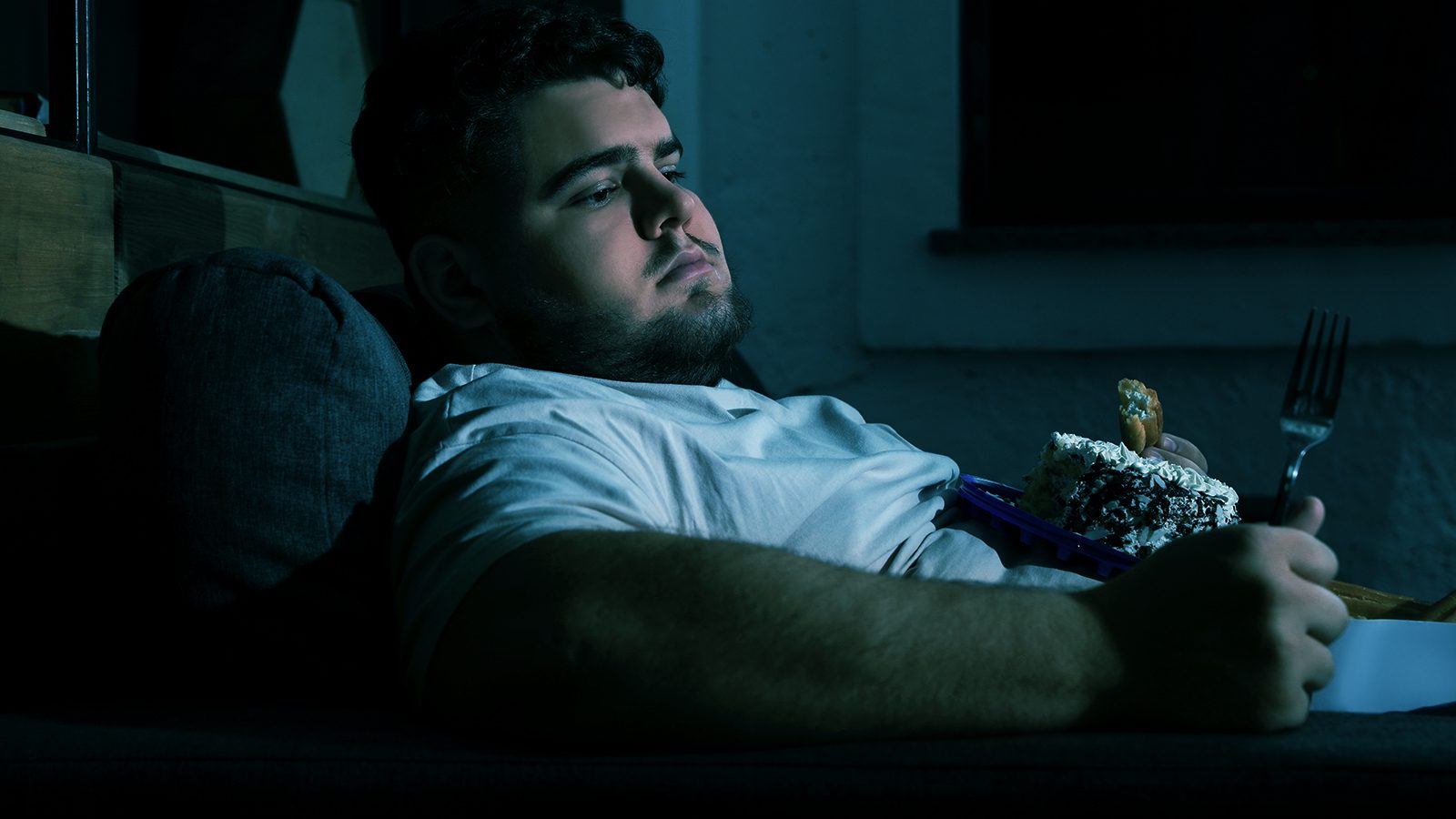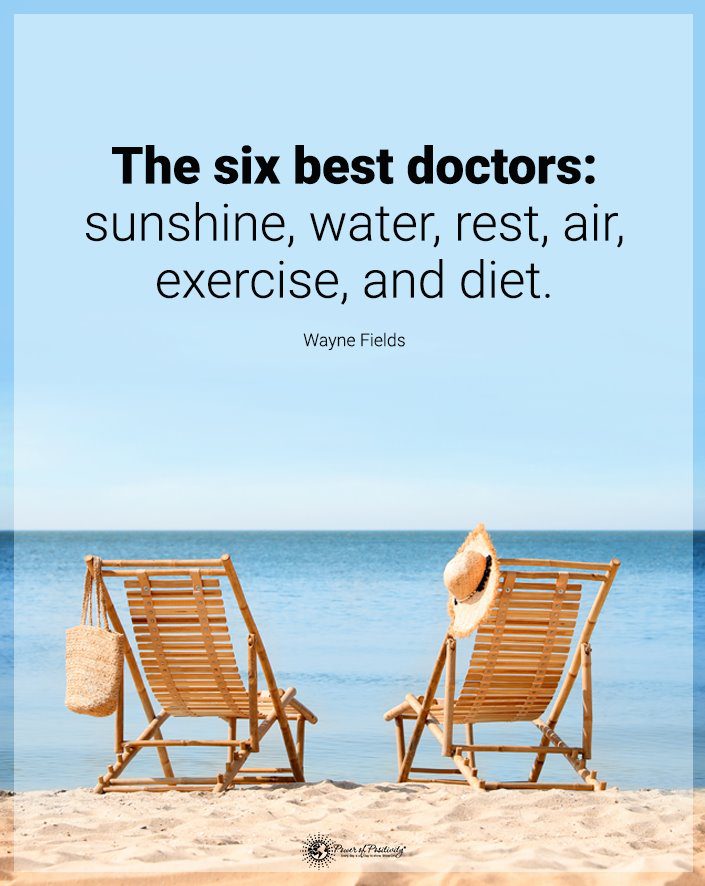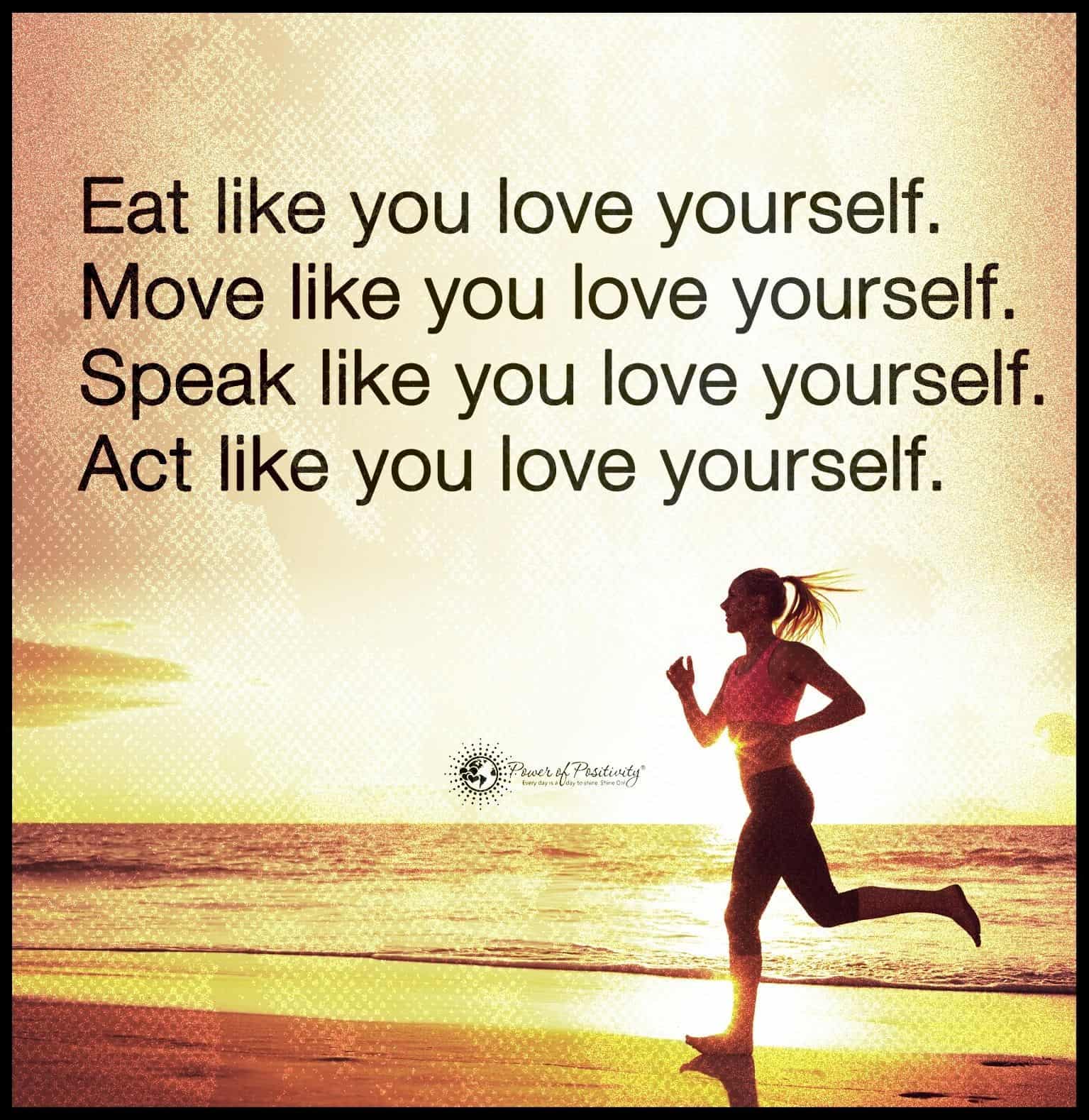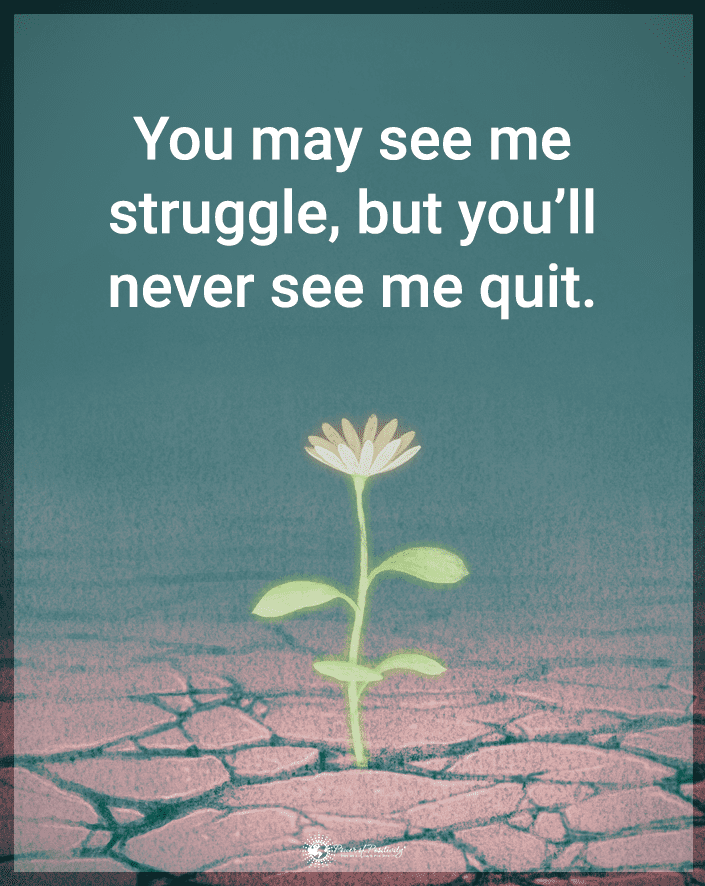Do you follow a healthy diet or seek validation through emotional eating? Many people have silenced their inner voice with a chocolate cupcake. How do you know if your emotions control your diet and affect your health?
An article published by the Cleveland Clinic states that your emotions drive at least 75 percent of your eating habits. That means you may eat out of genuine hunger only about 25 percent of the time.
Twelve Signs You’re an Emotional Eater
Are your emotions controlling your gut? This can lead to unhealthy weight gain and improper nutrition. Here are 12 behaviors that reveal you’re not eating to live, but you’re living to eat.
1. You are Under a Lot of Stress
It’s four in the afternoon, and the boss drops a project on your desk that needs to be finished by five. You glance at your to-do box, which seems to be as high as the Eiffel Tower. That familiar sense of physical and emotional pressure overwhelms you.
Does this sound like a possible scenario in a day of your life? According to an article by the American Psychological Association, chronic stress can be dangerous. It can affect every facet of your being, which includes your mental health.
Do you suddenly crave a snack cake as soon as your stress response kicks in? One of the tell-tale signs of emotional eating is wanting food when you’re stressed. The chronic stress and passionate drive for eating create a perfect storm for a health crisis.
2. Food is a Safe Place for an Emotional Eater
Maybe you seek validation through food because it’s always been your safe place. Do your most enduring childhood memories revolve around food and eating? The smell of cookies baking in the oven takes you back to the loving arms of your grandma.
You didn’t have any emotional stress that a bowl of rocky-road ice cream couldn’t calm, which usually happened late at night. Unfortunately, you may have brought these emotional eating habits to adulthood. When the world is closing in around you, it’s easy to barricade yourself behind walls of tasty treats.
3. You’ve Always Had a Weight Problem Due to Overeating
Another common consequence of emotional eating is weight gain and obesity. Your parents may have dismissed your problem as a healthy appetite.
Soon, you went from being a chubby baby to an overweight child and then an obese teen. Now that you have weight issues into adulthood, you’ve tried your share of fad diets. You may have lost and gained hundreds of pounds over the years.
Of course, weight problems can stem from other health issues. However, a life-long battle with weight may be linked with your emotions and lack of validation. Your first step to managing your weight is to deal with issues from your past.
4. You’re Obsessed with All Things Food
Let’s face it; people can’t live very long without eating. Plus, food appeals to your sense of pleasure. The sight, aroma, and tastes of a sumptuous meal immediately make your mouth water.
These pleasure senses evolved to keep people eating for vital energy. Early humans searched for the sweetest berries and plumpest fruits. It made them curious enough to expand their tastes to various healthy food groups.
Emotional eaters take these healthy attractions to an extreme. Do you dream about what you’ll have for lunch while eating breakfast? Maybe you fixate on cookbooks and popular culinary channels on television.
You may dream about your favorite foods and talk about them repetitively. Instead of eating to live, have you noticed that you live to eat? It’s just your way of coping with stress and other situations in your life.
5. You Eat Regardless of Which Emotion You’re Experiencing
For most cultures, meaningful events usually revolve around food. Whether it’s a birth, wedding, funeral, or rite of passage, it calls for a feast. Your emotional state doesn’t matter as long as you’re indulging in a tasty meal.
Building your dietary habits around your emotions doesn’t benefit you. While it’s understandable that food is part of making memories, it can’t be the only thing. Sometimes, you might even overload on snacks because you’re bored.
6. You Often Keep Eating Even Though You’re Full
Your brain has an ingenious tool that controls your feelings of hunger and satiety. An article published by the National Library of Medicine states that the brain and body work together to create these sensations. When your stomach is empty, hormones signal your brain to tell you that you’re hungry.
The same physical/mental process works with gratification. You eat until your stomach is full, and your brain signals that you’re satisfied. At this point, you push away the plate and don’t eat anymore.
Those who are impulsive eaters have conditioned themselves to ignore these natural signals. You may raid the fridge and cabinets even though you’re not hungry. Likewise, you might pile a second helping on your plate regardless of your full stomach.
7. You have a Family History of Emotional Eating
Although researchers can’t fully explain emotional eating, there could be a genetic link. Chances are that if one or both of your parents ate according to their feelings, you do too. It also probably affects your siblings, and all of you may be overweight.
8. An Emotional Eater Relates to Food on a Personal Level
Here’s another common characteristic of people who find validation in food. Your obsession is evident because of the language you use to describe it. Do you say that food “tempts” you or is “calling your name?”
Food is an inanimate object that you are bestowing human traits. Do you ever talk to your food as you prepare it? While you realize that your meal isn’t alive, your emotional attachment is evident.
9. Emotional Eaters Often Cope with Sudden Cravings
You’re working on a report in the office when it suddenly hits you. That insatiable craving for something sweet, salty, or both has captured your attention. It won’t stop until you rush to the vending machine to get your fix.
Although some cravings may be physically based, most are a figment of your mind. Your need for validation, comfort, or stress relief is manifested by craving your favorite food. These cravings can strike you without warning, even after a heavy meal.
10. You Feel Guilty after Binge-Eating
Nobody has a goal of jeopardizing their health by overeating and gaining weight. It just happens if your eating habits dictate your emotions. Gobbling down a whole bag of donuts may ease your anxiety, but only for a while.
After you’ve binged on your favorite snacks, your temporary high slumps with your energy levels, you feel guilty about your weight and how much you’re overeating. The guilt leads to anxiety which soon leads to another trip to the pantry.
11. An Emotional Eater Often Reaches for Comfort Food
Who reaches for a bowl of lettuce when their mood has gone south? It’s a nice thought, but it’s not how most cravings work. Instead, you long for comfort foods you’ve favored since childhood.
These are often processed foods laden with sugar, salt, fat, carbs, and calories. Since your brain often equates taste with pleasure, you want it all. Consequently, most comfort foods can cause you to gain more weight and be less active.
12. You Eat without Much Thought
Back then, most families sat around the table and enjoyed home-cooked meals. They shared stories, laughter, and love that today’s mobile technology can’t replicate. Sadly, a Gallup Poll estimates that at least 24 percent of Americans say they have three or fewer meals together each week.
Could it be that so many people are trying to juggle too many responsibilities? The stress and emotions can cause you to rush through a meal without noticing. Instead of savoring the flavor of each bite and relaxing, you’re too busy and may eat on the run.
Another sign you may notice is mindless eating throughout the day. Think of when you sat with your family to watch a movie and devoured a whole bag of chips. You later stare at the empty bag and don’t even remember chewing the first crisp.
Many people disregard the snacks as if they don’t count. Do you often nosh the whole time you’re preparing a meal? You probably had your daily recommended calories with those snacks before you sat down for dinner.
Furthermore, you may stare at the scales in disbelief. How are you gaining weight if you are so careful at mealtime? If your emotions control your eating habits, you don’t realize how much you consume at once.
Final Thoughts on Knowing the Signs of an Emotional Eater
You needn’t berate yourself if you grab a bite to eat to ease your feelings. However, making it a habit can devastate your well-being and validation of yourself. When you learn better-coping skills, you can put food back into its proper perspective in your life.

















 Community
Community

